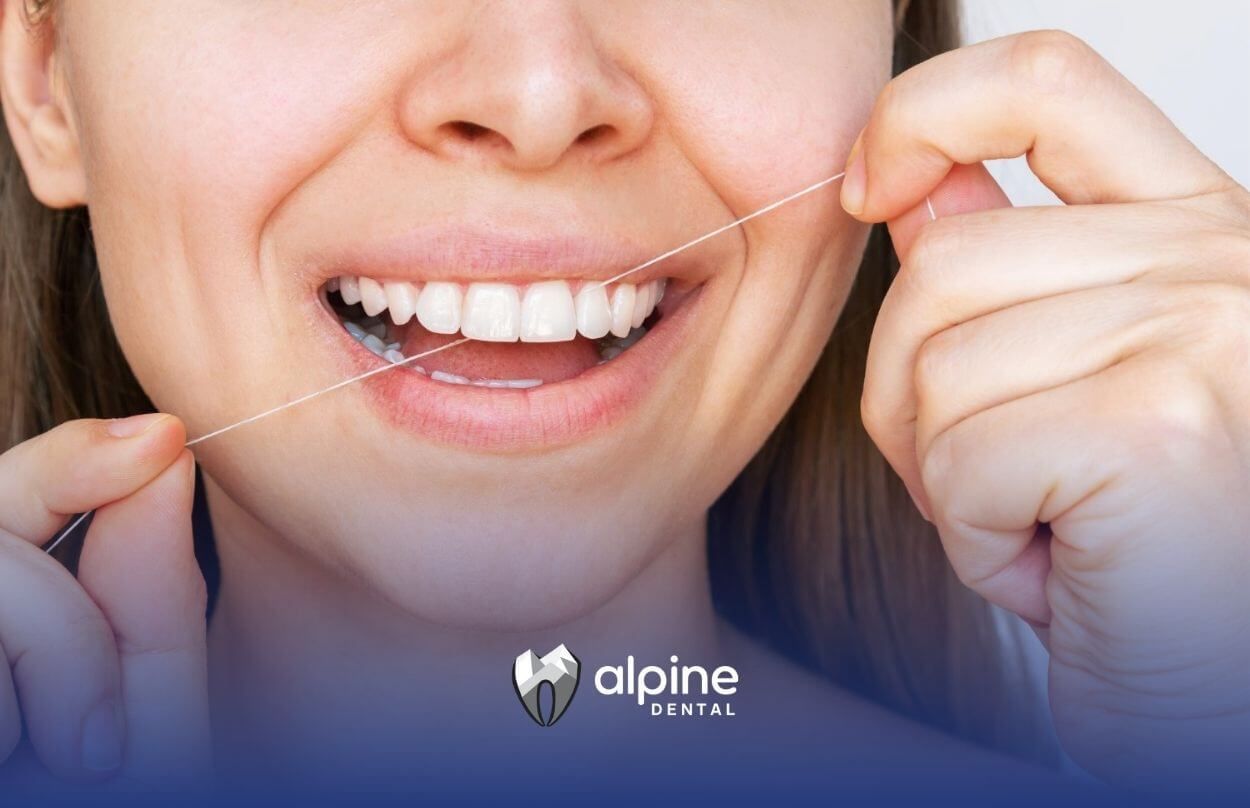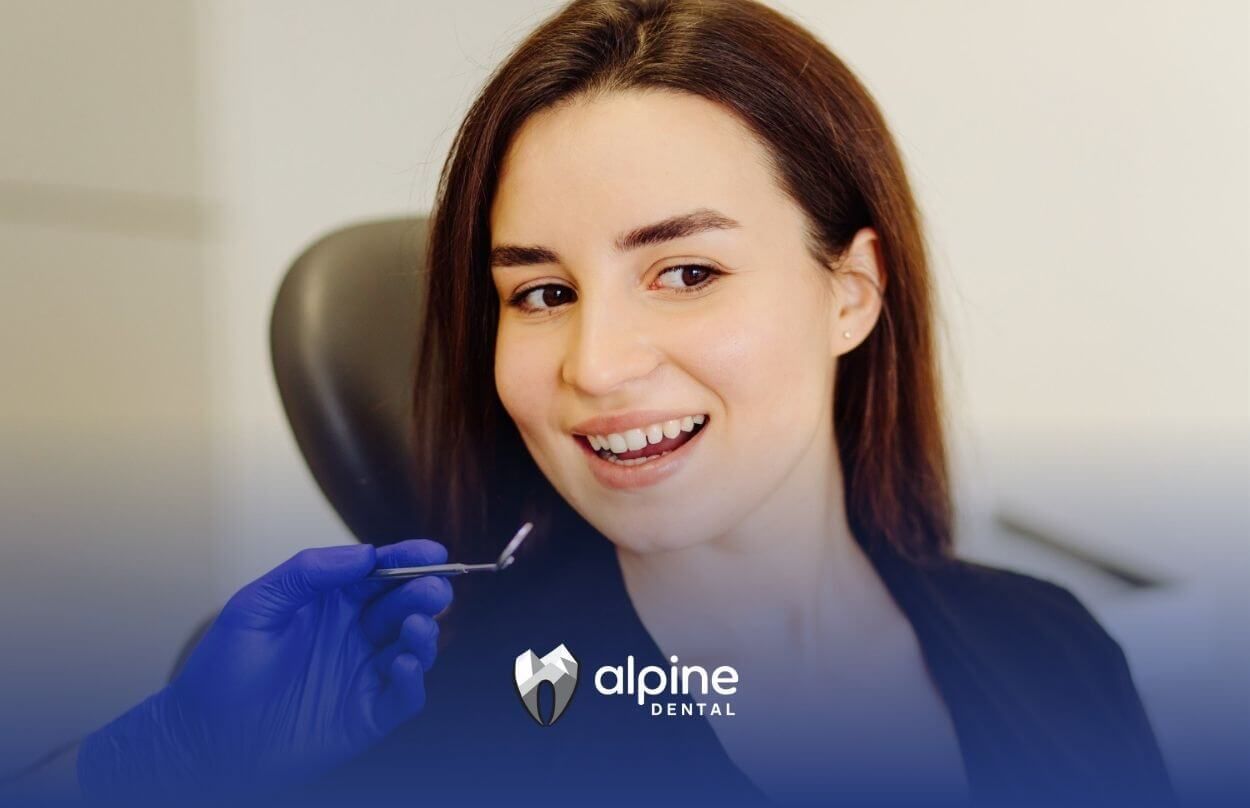At What Age Should You Go to a Dentist? A Guide for Parents and Adults
When it comes to dental care, one of the most common questions is: “At what age should you go to a dentist?” Many people are surprised to learn that the answer comes much earlier than expected. Establishing dental care early in life can prevent long-term oral health problems, reduce dental anxiety, and build a strong foundation for a lifetime of healthy smiles.
In this blog post, we’ll explore the recommended age to start dental visits, what happens during those early appointments, why timing matters, and how oral care needs change across different life stages. Whether you're a new parent, a teen, or an adult seeking better dental habits, this guide will walk you through everything you need to know.
What Age Should a Child First Go to the Dentist?
The Official Recommendation
The American Dental Association (ADA) and the American Academy of Pediatric Dentistry (AAPD) recommend that children visit a dentist by their first birthday or within six months of their first tooth erupting—whichever comes first.
This early start may seem unnecessary to some, but it plays a crucial role in:
- Monitoring oral development
- Preventing early childhood tooth decay
- Educating parents on proper oral hygiene for babies
- Building comfort and trust between child and dentist
Why So Early?
1. Early Detection of Problems
Even baby teeth can develop cavities. Early visits allow the dentist to spot any issues before they become serious.
2. Preventing Dental Anxiety
Introducing your child to the dental environment early helps them grow up comfortable with dental checkups. This prevents dental fear and anxiety later in life.
3. Parental Guidance
Your dentist can show you how to clean your child’s teeth properly, what foods to avoid, and how to manage teething, thumb sucking, and bottle use.
What Happens at a Child’s First Dental Visit?
- Gentle exam of teeth and gums
- Discussion of feeding, habits, and hygiene
- Demonstration of brushing techniques
- Fluoride treatment if needed
- Advice on diet and preventing tooth decay
Most importantly, this visit sets the tone for positive oral health routines going forward.
When Should Regular Dental Visits Begin?
After the first visit, children should continue seeing a dentist every six months, unless otherwise recommended. These routine checkups are vital for:
- Monitoring growth and alignment
- Preventing cavities
- Reinforcing good oral hygiene habits
- Planning for orthodontic treatment if needed
Dental Milestones by Age
Let’s break down oral care needs across key stages of life:
Infants (0–1 year)
- First visit by age 1
- Teething and oral care education
- Monitoring for early signs of decay
Toddlers (1–3 years)
- Biannual dental checkups
- Guidance on thumb sucking and pacifier use
- Introduction to brushing and flossing
Preschool & School-Age Children (3–12 years)
- Fluoride treatments and sealants to prevent cavities
- Monitoring bite and jaw development
- Encouraging independent oral hygiene
Teenagers (13–19 years)
- Managing braces and orthodontic needs
- Wisdom teeth monitoring
- Reinforcing healthy dietary choices
- Avoiding tobacco and vaping risks
Young Adults (20–35 years)
- Establishing long-term oral health routines
- Managing wisdom teeth extractions
- Cosmetic concerns like whitening or alignment
Adults (36–60 years)
- Addressing gum disease, tooth wear, or restorations
- Screening for oral cancer
- Managing stress-related issues like teeth grinding
Seniors (60+)
- Managing dry mouth or medication-related issues
- Caring for dentures or implants
- Monitoring for bone loss and maintaining function
Why Adults Shouldn’t Delay Dental Care
Some adults avoid the dentist for years—sometimes decades—due to cost, fear, or busy schedules. But the consequences can be serious:
- Gum disease (periodontitis) linked to heart disease and diabetes
- Tooth loss due to decay or infection
- Oral cancer going undetected
- Higher long-term costs due to advanced procedures
Even if you haven’t seen a dentist in a long time, it’s never too late to start again. Regular visits can prevent minor issues from becoming major ones.
Common Myths About When to See a Dentist
- Myth 1: “Baby teeth don’t matter—they fall out anyway.”
- Fact: Decay in baby teeth can cause pain, affect nutrition and speech, and damage adult teeth.
- Myth 2: “If I don’t feel pain, my teeth are fine.”
- Fact: Many issues like cavities and gum disease develop silently. Early detection is key.
- Myth 3: “Children don’t need dental cleanings.”
- Fact: Cleanings help prevent cavities and teach kids the value of dental care.
Signs You Should Visit the Dentist Sooner
While six-month checkups are standard, certain symptoms call for a more immediate visit:
- Tooth pain or sensitivity
- Bleeding gums
- Persistent bad breath
- Loose teeth
- Mouth sores that don’t heal
- Jaw pain or popping
- Dry mouth or burning sensation
These could indicate infections, gum disease, or other serious concerns.
Tips to Prepare Your Child for the Dentist
- Read children’s books about going to the dentist
- Role-play at home to reduce fear
- Choose a pediatric or family-friendly dentist
- Avoid using negative language like “hurt” or “needle”
- Stay calm and positive during the appointment
The earlier you create a positive dental experience, the more likely your child will maintain good habits for life.
How to Find the Right Dentist for Every Age
No matter your age, it’s important to find a dentist who:
- Makes you feel comfortable and listened to
- Explains procedures clearly
- Has experience with your age group (especially for kids or seniors)
- Offers a full range of services—from cleanings to crowns to orthodontics
You might want to consider a family dental practice that can treat all ages in one place.
Preventive Care: The Foundation of Oral Health
Starting dental visits early helps focus on prevention rather than correction. Key preventive measures include:
- Regular cleanings and exams
- Fluoride treatments for cavity protection
- Dental sealants for kids’ molars
- X-rays to monitor development or detect hidden issues
- Patient education on brushing, flossing, and diet
This proactive approach leads to better health, fewer procedures, and lower dental costs over time.
Final Thoughts
So, at what age should you go to a dentist? The answer is: as early as your first tooth or first birthday for children, and as soon as possible for adults who’ve delayed care. Early and regular dental visits are the best way to ensure healthy teeth, prevent serious problems, and build confidence in your smile.
Whether you’re a new parent, a teen navigating braces, or an adult looking to get back on track, regular dental checkups are the key to lasting oral health.
If you're ready to schedule that first appointment—whether it’s for your child or yourself—the friendly and experienced team at Alpine Dental is here to support every stage of your dental journey.
Frequently Asked Questions
At what age should a child start brushing their teeth?
As soon as the first tooth appears, parents should begin brushing with a soft-bristled brush and a tiny smear of fluoride toothpaste. Children can start brushing independently with supervision around age 3–6.
How often should I take my child to the dentist?
Every six months is the standard recommendation unless your dentist suggests more frequent visits due to specific concerns.
Can adults go years without seeing a dentist and still be okay?
It’s possible, but not advisable. Many dental problems develop slowly and without pain. Skipping routine care can lead to costly, painful issues later.
Sources:
- https://www.mouthhealthy.org/life-stages/babies-and-kids/first-dental-visit-for-baby
- https://my.clevelandclinic.org/health/diseases/16620-periodontitis
- https://www.nationwidechildrens.org/family-resources-education/health-wellness-and-safety-resources/helping-hands/dental-cavities-in-baby-teeth
- https://www.nidcr.nih.gov/sites/default/files/2018-08/DryMouth&OlderAdults-508.pdf
- https://www.ada.org/sitecore/content/ADA-Organization/ADA/MouthHealthy/home/all-topics-a-z/wisdom-teeth




